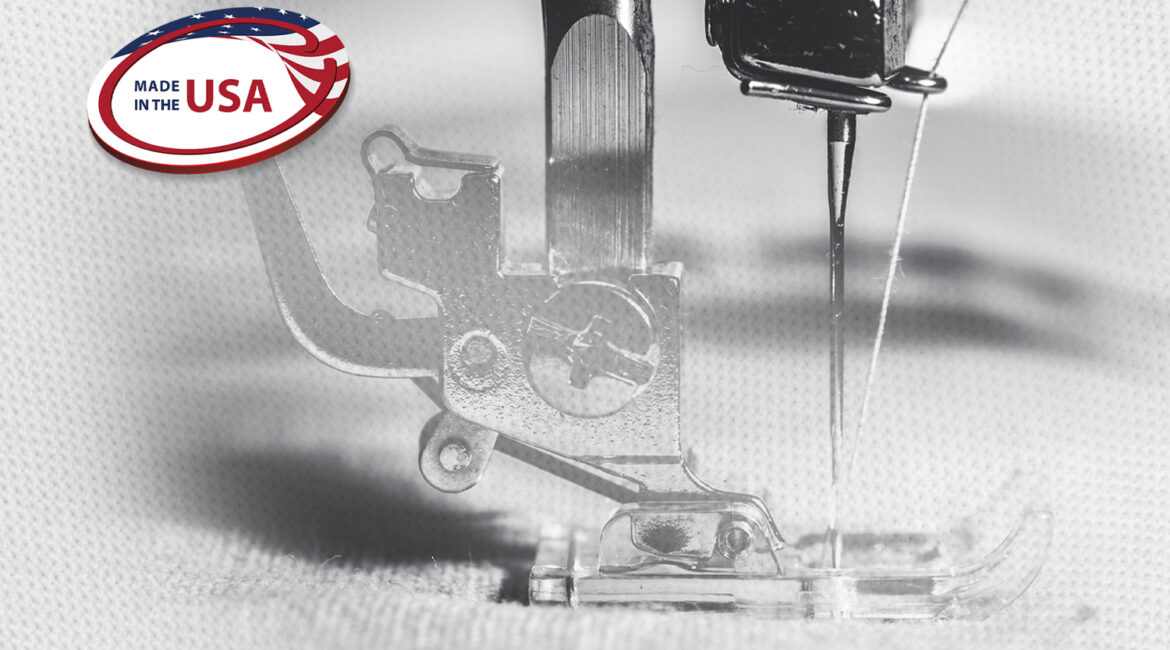Contract manufacturing involves outsourcing production processes or entire manufacturing to third-party manufacturers. It allows businesses to focus on core competencies, streamline costs, and expedite time-to-market for new products by leveraging the expertise and resources of specialized manufacturers. It offers advantages such as cost savings, access to specialized technologies, scalability, risk mitigation, and market expansion.
Contract Manufacturing in the US offers several benefits to businesses, including:
- Cost Savings: Contract manufacturing can lead to significant cost savings for companies. By outsourcing production to specialized manufacturers such as Core Products International, businesses can avoid the expenses associated with building and maintaining their own manufacturing facilities, purchasing equipment, hiring and training staff, and managing production processes.
- Focus on Core Competencies: Contract manufacturing allows companies to focus on their core competencies, such as product development, marketing, and distribution, while leaving the manufacturing process to experts. This enables businesses to allocate resources more efficiently and concentrate on activities that drive growth and innovation.
- Access to Expertise and Technology: Contract manufacturers often have specialized expertise, experience, and access to advanced technologies and manufacturing processes that may not be available in-house. By partnering with contract manufacturers, companies can leverage these capabilities to improve product quality, innovation, and efficiency.
- Scalability and Flexibility: Contract manufacturing provides businesses with greater flexibility and scalability to meet fluctuating demand and market conditions. Companies can adjust production volumes more easily by leveraging the production capacity of contract manufacturers, avoiding underutilization or overextension of their own facilities.
- Risk Mitigation: Contract manufacturing can help mitigate various risks associated with production, such as supply chain disruptions, quality control issues, and regulatory compliance. By partnering with reputable contract manufacturers, businesses can benefit from their expertise in risk management and regulatory compliance, reducing the likelihood of costly errors and delays.
- Market Expansion: During periods of global uncertainty, contract manufacturers leverage market expansion by offering companies the ability to tap into established production networks, mitigating risks associated with localized disruptions and enhancing supply chain resilience. This enables businesses to expand their reach, enter new markets, and capitalize on emerging opportunities without significant upfront investments in infrastructure and logistics.
- Time-to-Market: Contract manufacturing can expedite the time-to-market for new products by harnessing the expertise, resources, and production capacity of contract manufacturers. By outsourcing production, companies can accelerate the development and commercialization process, gaining a competitive edge in the marketplace.
Overall, contract manufacturing offers numerous benefits that can help companies reduce costs, improve efficiency, enhance product quality, mitigate risks, and expand their market reach.
Sources:
https://ca.indeed.com/career-advice/career-development/what-is-contract-manufacturing

